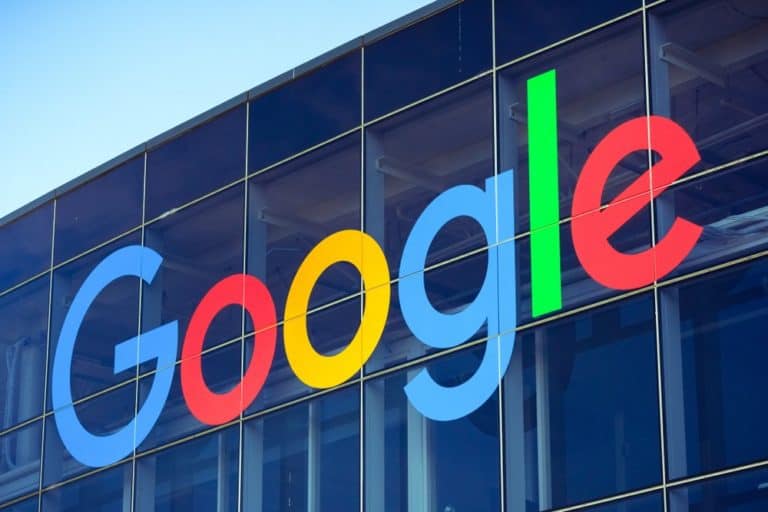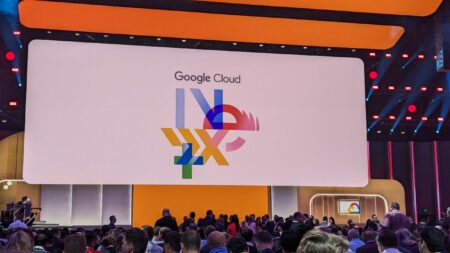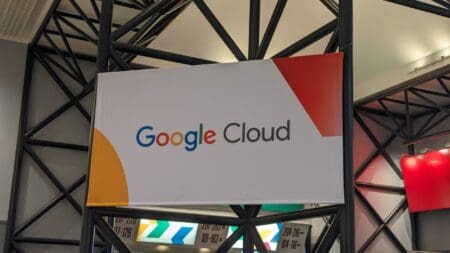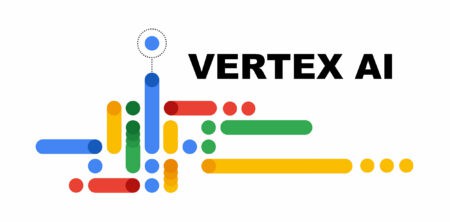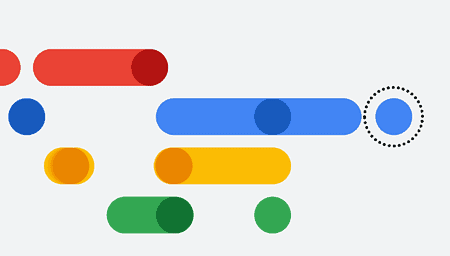During the World Economic Forum in Davos, Google and SAP announced a new competition for entrepreneurs. They should look for viable business plans that promote sustainable consumption and production. Both SAP and Google emphasize sustainability in their own operations and try to get as many other companies on board as possible.
With the competition, called Circular Economy 2030, SAP and Google want to show other companies that they can use their tools to create their own sustainable business plans. Google and SAP, which have a partnership around their cloud technology since 2017, inform the ZDNet site that they have a shared vision.
Transforming businesses
We want to help companies transform, according to Google Cloud CMO Alison Wagonfeld. The competition is therefore based on the principle of the circular economy. This refers to a holistic system in which waste does not exist, products are continuously reused and natural resources are given the opportunity to recover themselves.
The principle of the circular economy covers everything from environmentally friendly packaging to sustainable agriculture. The judges look for plans that use both the Google Cloud and SAP technology. Part of the idea behind the competition is also to support a specific goal within the plans of the United Nations for 2030, with a transition to a sustainable economy as much as possible.
For the assessment of plans under Circular Economy 2030, Google and SAP are working with experts in the field of circular economy and sustainable development. These include UN Environment, the Ellen MacArthur Foundation, the World Wildlife Fund and the Global Partnership for Sustainable Development Data.
Finalists participate in a hackathon and the first prize is $200,000 and the chance to participate in the Google Cloud for Startups bootcamp. The other four finalists will each receive $45,000 and a one-to-one mentorship. Proposals must be submitted by 17 March.
This news article was automatically translated from Dutch to give Techzine.eu a head start. All news articles after September 1, 2019 are written in native English and NOT translated. All our background stories are written in native English as well. For more information read our launch article.